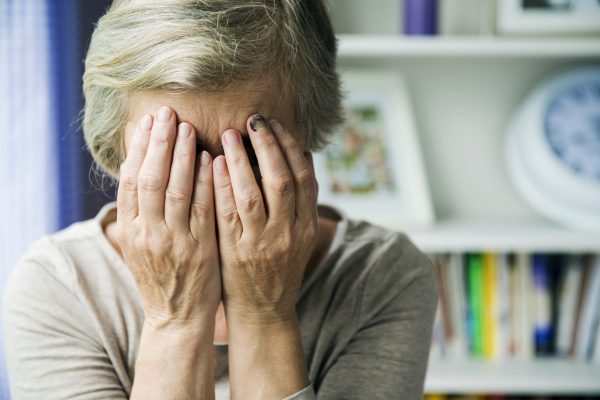Nursing Home Abuse and Neglect

While a nursing home is often the most practical option for elderly relatives who can no longer care for themselves, moving a loved one to a nursing home can be a difficult decision that affects the entire family, emotionally and financially. The family must trust the facility they choose to provide safe and compassionate care for those who may not be able to speak up for themselves. When a nursing home violates that trust by abusing or neglecting their family member, it can be devastating for everyone involved.
Unfortunately, incidents of abuse and neglect in nursing homes occur more frequently than anyone would want to imagine. A study identified by The National Center on Elder Abuse revealed that one in three nursing homes nationwide received citations for violating federal standards that had either caused harm to a resident or had the potential to do so. The same study showed one out of ten nursing homes had violations that resulted in harm, serious injury, or life-threatening consequences for the residents.
Most nursing homes strive to provide proper care, just as most caregivers do not have malicious intent. In some instances, however, the facilities do not have the time or funds to implement and maintain safety precautions such as adequate lighting, comprehensive staff training, and effective security measures. Caregivers are often overworked or improperly trained.
“Regardless of the reason, allowing the most vulnerable members of our population to be harmed in facilities that are supposed to be taking care of them constitutes a national tragedy that needs to be stopped,” says attorney Mark Bernstein of The Sam Bernstein Law Firm.
Legal Solutions
One way to stop the abuse is by filing a lawsuit against the nursing home. Our skilled and sensitive attorneys believe that neglect and abuse should not occur in nursing homes, assisted care or adult foster care facilities, and they know how to hold these facilities accountable so families get the restitution they and their loved one deserve.
“Our trial lawyers are recognized leaders in nursing home neglect and abuse cases. We will treat your family like family – sticking with you every step of the way, says Bernstein.
While nothing can erase the neglect or abuse, a lawsuit that results in a substantial financial settlement can go a long way toward repairing the damage. Those responsible for the negligence will be held accountable, and the family will have the peace of mind that comes from knowing their loved one will spend their remaining years in a high-quality facility that provides the cautious and compassionate care they deserve.
Some instances of abuse can involve criminal charges, but, according to Bernstein, criminal prosecutions in nursing home cases are relatively rare.
“In many ways, civil claims function as the only meaningful way to hold nursing home corporations accountable. If you believe the safety and security of your loved one is at risk, contact Adult Protective Services* first, and then contact our office immediately for a free legal consultation,” advises Bernstein.
While most cases involve a serious injury or physical condition caused by malnutrition or medication mistakes, there may also be an associated civil rights claim, such as age or gender-based discrimination.
Warning Signs
If family members notice one or more of these signs, there is a good chance the elderly person is a victim of abuse and/or neglect:
- Difficult sleeping, nightmares
- Depression or confusion that was not present before
- Sudden weight loss
- Signs of trauma, such as rocking or becoming agitated or withdrawn
- Loss of interest in previously enjoyed activities
- Unexplained bruises, burns or other marks
- Presence of bed sores or other preventable conditions
- Poor hygiene, unwashed hair or soiled clothing
If abuse and neglect are suspected, Bernstein advises family members to document their observations as specifically as they can.
“Take photos of unexplained bruises or other physical evidence. Make note of or photograph anything that looks like a safety hazard, such as hallways that are obstructed or improperly lit,” says Bernstein. “Information is key; gather as much as possible.”
*In Michigan, suspected abuse and neglect can be reported to the Adult Protective Services Department of the Michigan Department of Health and Human Services at (855) 444-3911.
Residents of other states can contact the National Adult Protective Services Association at (217) 523-4431 or visit www.napsa-now.org for information on local resources.

